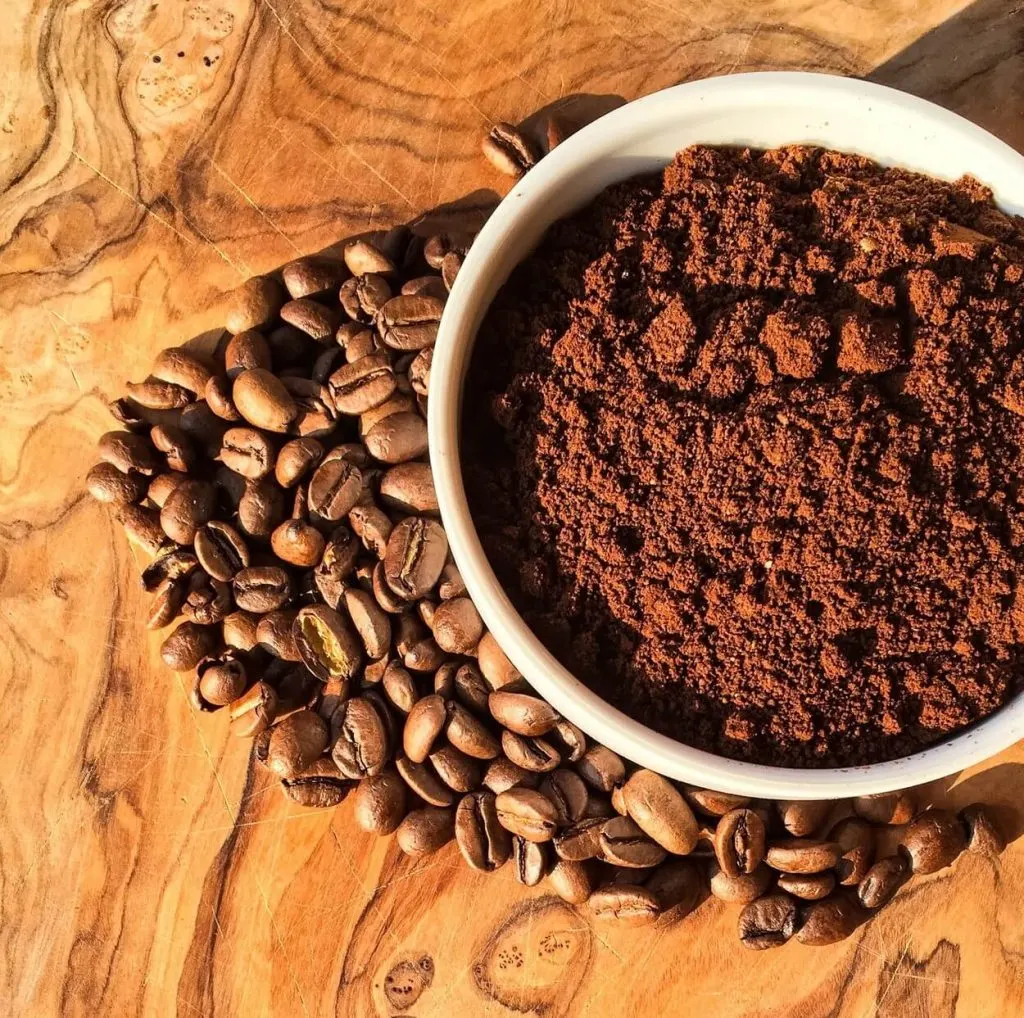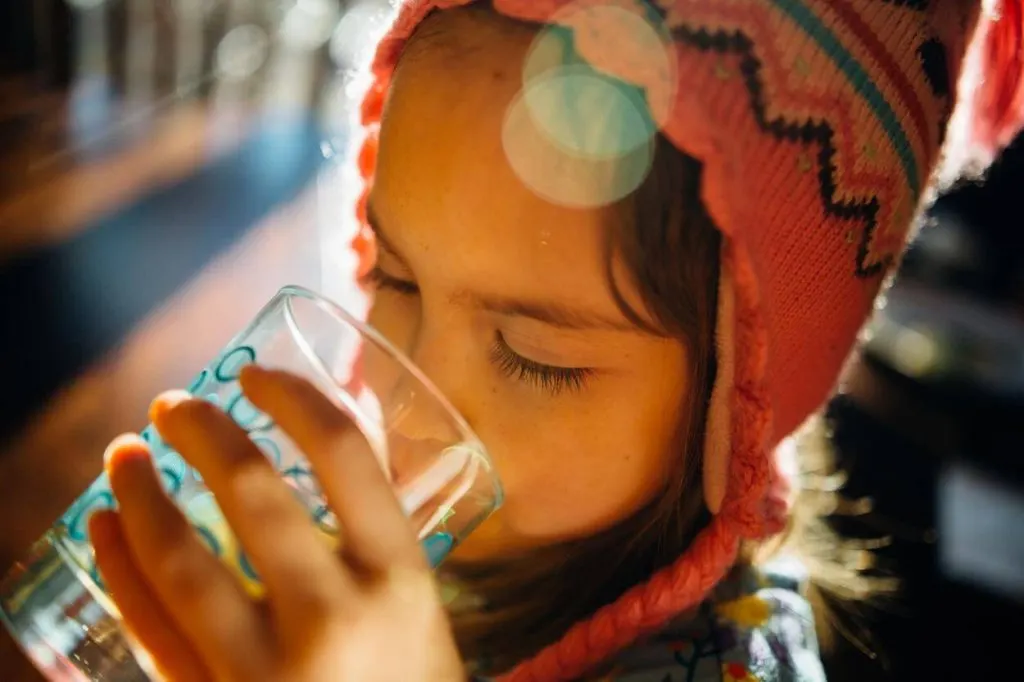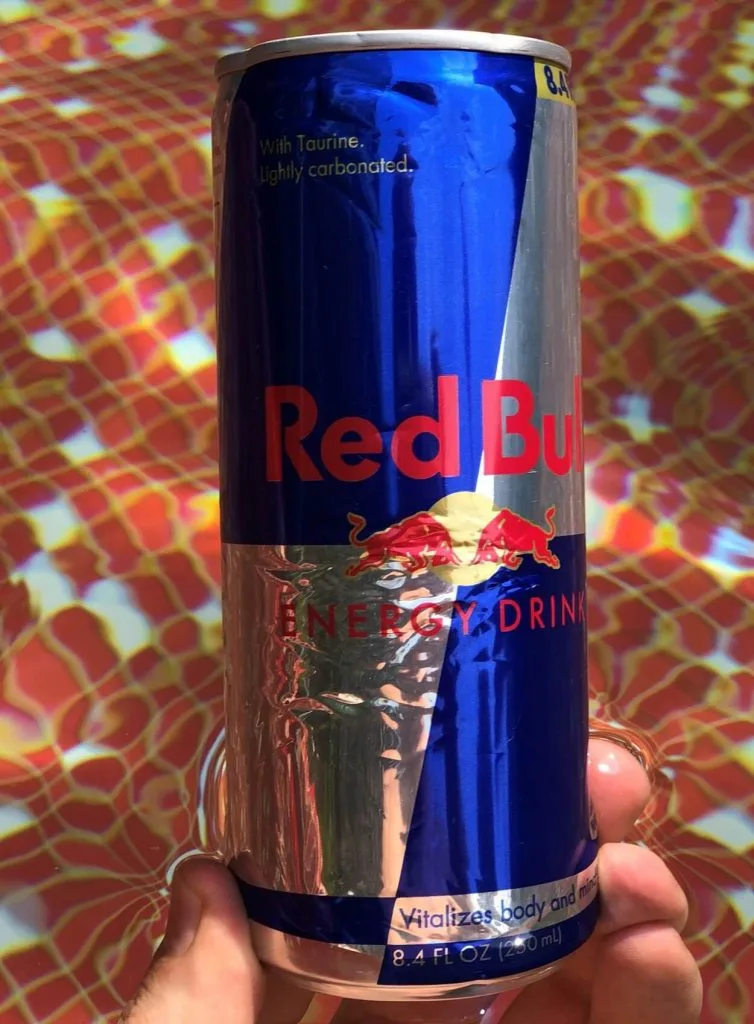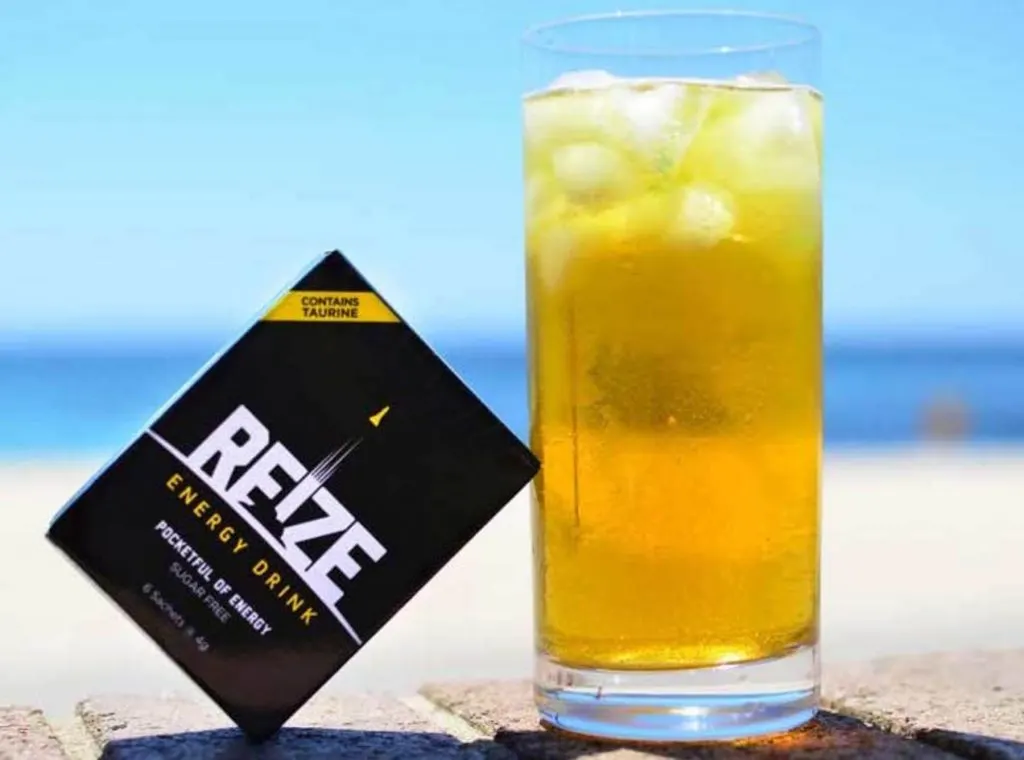If you’re in need of a quick boost, energy drinks are there for the rescue. Not only do they supply energy to you when you’re tired, but they also make you more focused and alert.
Energy drinks have a number of benefits, but this raises the question:
Will drinking energy drinks dehydrate you?
Quick answer: Energy drinks containing large amounts of sugar will have a dehydrating effect on you if you have too much of them. However, energy drinks are generally not effective sources of hydration.
For a more in-depth discussion, read on to learn more about energy drinks and dehydration, from the ingredients in energy drinks that have a dehydrating effect on you to a list of recommendations if you ever want to try one.
Let’s get started…
What Do Energy Drinks Contain?
Caffeine

Caffeine is the most important ingredient in energy drinks because it gives these beverages their energy-boosting qualities.
From improving your mood to increasing your exercise performance, caffeine has plenty of benefits. Plus, it also helps you to stay awake and focus better.
Energy drinks can have a wide range of caffeine content, from around 50mg to 300mg of caffeine per serving, to cater to different energy needs.
Personally, I prefer my caffeinated drinks to have between 50mg to 100mg per serving, as that amount slides right into the sweet spot, and doesn’t overwhelm me with negative effects afterward.
That said, it really boils down to your caffeine metabolism and how you use the benefits of your energy drink to its full advantage regardless of its caffeine content.
As a reminder, the FDA recommends a daily caffeine intake of 400mg for healthy adults. Any more than that and you might end up with adverse effects like:
- Restlessness and shakiness
- Dizziness
- Headaches
- Anxiety
- Dehydration
Knowing your own caffeine tolerance is the greatest method to prevent consuming too much caffeine when choosing an energy drink. If you rely on energy drinks for sustained focus or concentration, limit their use to times when you really need them rather than drinking them every day.
For more information on how to pick out the right energy drink that’s best suited for you, have a look at the article I’ve written on the best energy drinks for you, as a quick and easy guide.
Sugar
Sugar is another ingredient that’s commonly found in many energy drinks, contributing to the flavor of these beverages and making them more appealing to our taste buds.
Energy drinks typically contain large quantities of sugar to make them addictive and tasty.
While it’s perfectly fine to indulge in sugar every now and then, a diet high in sugar can lead to serious health problems in the future.
For reference, the AHA advises a maximum daily sugar limit of 25g and 36g for women and men respectively. Consuming excessive amounts of sugar can cause several health issues in the long run, such as:
- Diabetes
- Obesity
- High blood pressure
- Cardiovascular disease
- Acne
If you prefer to have something with less or no sugar at all like me, you can always go for sugar-free energy drinks, which contain artificial sweeteners instead. These sweeteners have zero calories and won’t affect your daily sugar intake.
For a detailed discussion on sugar-free energy drinks, check out my article on the best sugar-free energy drinks for some great options.
Vitamins
The majority of energy drinks contain different kinds of vitamins listed among their ingredients; though the most prominent ones are B-group vitamins.
B vitamins play a crucial role in your overall bodily functions and help maintain your wellbeing. From your energy levels to brain functions, having sufficient levels of B vitamins in your system ensures the health of your body.
For a more detailed explanation of the types and functions of B vitamins, Harvard has a comprehensive article covering that topic.
Here are the types of B vitamins that you can find in energy drinks, listed in an easy-to-read table below:
| Types of B Vitamins | Purpose | Tolerable Upper Intake Level |
| Vitamin B3 (niacin) | Helps the body release energy; keeps the skin healthy. | 35mg |
| Vitamin B6 | Store energy from protein and carbohydrates; formation of red blood cells. | 100mg |
| Vitamin B12 | Release energy from food; structures red blood cells; keeps the nervous system in modulation. | – |
Does Caffeine Cause Dehydration?

Caffeine doesn’t cause dehydration, but it does have a diuretic effect, which means it makes you urinate more often.
Contrary to belief, caffeine doesn’t dehydrate you, but it will make you frequent the toilet more regularly.
Can Sugar Make You Thirsty?
Consuming large amounts of sugar can make you thirsty, which leads to dehydration if you don’t properly hydrate with water after that.
While sugar supplies energy to the cells in our bodies, excess sugar will decrease cell function and trigger the release of insulin. Since your body requires water to metabolize this excess sugar, it’ll also increase the need for more water, leading you to feel thirsty.
What Occurs If You Consume Energy Drinks Every Day?
If you drink energy drinks every day, you will end up with several negative health effects, thus you should always make sure to consume these drinks in moderation.
Energy drinks work well as an energy booster and can be pretty addictive with their good taste too. But, as much as I love energy drinks myself, I don’t recommend you to have them too regularly.
While it may seem that energy drinks are only made out of caffeine, sugar, and a bunch of other minor ingredients, it’s unhealthy to have them every day. According to this article, energy drinks have been connected to health problems like heart and neurological issues, poor mental health, and substance abuse among teenagers.
Plus, having multiple energy drinks every day increases the risk of high blood pressure, rapid heartbeat, and headaches due to the caffeine within these drinks.
Moreover, a 2020 review found that energy drinks had a number of adverse health effects which included insomnia, depressive mood, jitteriness, and stomach upset.
My advice is to moderate your daily energy drink intake and only have energy drinks during certain occasions such as for your workouts. After all, nothing beats good old-fashioned water to keep you hydrated every day.
Does Red Bull Dehydrate You?

Having one can of Red Bull won’t dehydrate you, but drinking multiple cans daily could. Plus, it’s stated on Red Bull’s official website that their energy drinks ‘have not been formulated for re-hydration.
First off, let’s look at the contents of a regular Red Bull.
An 8.4fl.oz can of Red Bull consists of 80mg of caffeine, 27g of sugar, and a total of 110 calories.
While Red Bull has a pretty moderate caffeine content, it contains quite a lot of sugar for an energy drink of its size, which even exceeds the daily limit. Having high levels of sugar in your blood can lead to dehydration and a potential sugar crash.
Although drinking one can of Red Bull does not dehydrate you instantly, it just occurs after you have a few more.
If you still feel parched after having a Red Bull, I recommend going for a glass of water to make sure your body stays properly hydrated, as well as flush down the sugar and caffeine in your bloodstream.
As for information on Red Bull, have a look at my Red Bull Energy Drink Review, where I go into a bit more depth about the ever-popular energy drink.
Do Energy Drinks Count As Water?
Energy drinks don’t count as water, but they can be included in your daily fluid intake provided you consume them under the 400mg caffeine limit.
Aside from water, non-alcoholic beverages like tea, coffee, fruit juices and energy drinks can be counted as fluids and won’t necessarily dehydrate you.
That being said, that really isn’t the green light for you to chug on cups of coffee or cans of energy drinks.
Even if caffeinated beverages are considered fluids, you’re still advised to consume them within the recommended daily limit.
Of course, this also depends on your caffeine metabolism, and everyone has a limit as to the amount of caffeine they can handle in a day.
Since energy drinks might actually make you feel more dehydrated after consuming a few cans, I wouldn’t advise anybody to consume them in place of water.
What Are The Side Effects Of Energy Drinks?
There are many potential short-term and long-term side effects of having energy drinks, hence you should control your intake and have these drinks occasionally only:
- Weight gain
- Insomnia
- Nervousness
- Restlessness
- Shaking
- Irritability
- Fatigue and sugar crashes
- Stomach Irritation
- Headaches
- Caffeine addiction
- Dehydration and weakness
- Poor dental health
- Kidney stones
- Respiratory problems
- Miscarriage
- High blood pressure
- Kidney failure
- Allergic reactions
- Caffeine overdose
- Niacin overdose
- Risk-seeking behavior
These adverse effects can vary from person to person, depending on their caffeine metabolism and frequency of consumption.
If you want to avoid running the risk of these health impacts in the long run, be sure to monitor your daily caffeine and sugar intake and practice a healthy diet as well.
Other Beverages For Hydration
Water
It’s a no-brainer that water is the best drink for hydration as it’s healthy with lots of nutrients without any calories or sugar.
*Fun fact: up to 60% of your body is made up of water, which is the reason you have to remain hydrated for it to properly function.
Aside from boosting your health, drinking water can also improve your exercise performance and help with weight loss.
Herbal Teas
Herbal teas include hibiscus tea and chamomile tea, which are caffeine-free and come from natural sources. Plus, they’re packed with antioxidants and can help calm your nerves too.
Energy Drinks For You
While energy drinks may not be the best beverages for hydration, they can still provide you with a boost to help you focus and perform physically better.
Here’s a list of several great options if you feel like trying energy drinks out:
- Red Bull
- Monster
- Rockstar
- C4 Energy
- Bang
- 3D Energy
- Guru
- AMP Energy
- Bing
- Mountain Dew Kickstart
- Full Throttle
- Game Fuel
- Reign
You could also try powdered energy drinks, as they’re more affordable and give you the flexibility to customize your drink according to your preferences:
- Zipfizz
- G Fuel
- Advocare Spark
- REIZE (my favorite)
REIZE (10 Out Of 10)

REIZE is a powdered energy drink that comes in light and convenient 4g sachets. With a sensible 50mg of caffeine, REIZE is also sugar-free and contains only 11 calories per serve.
REIZE is packed with a smart blend of ingredients like taurine, ginseng, and B vitamins that combine together to supply you with the perfect energy boost without the dreaded sugar crashes.
The best part is REIZE ships to your doorstep for only around $1 per sachet, which is amazing value for money.
Give REIZE a try, and you might agree that it’s the smartest option for your daily energy needs.

